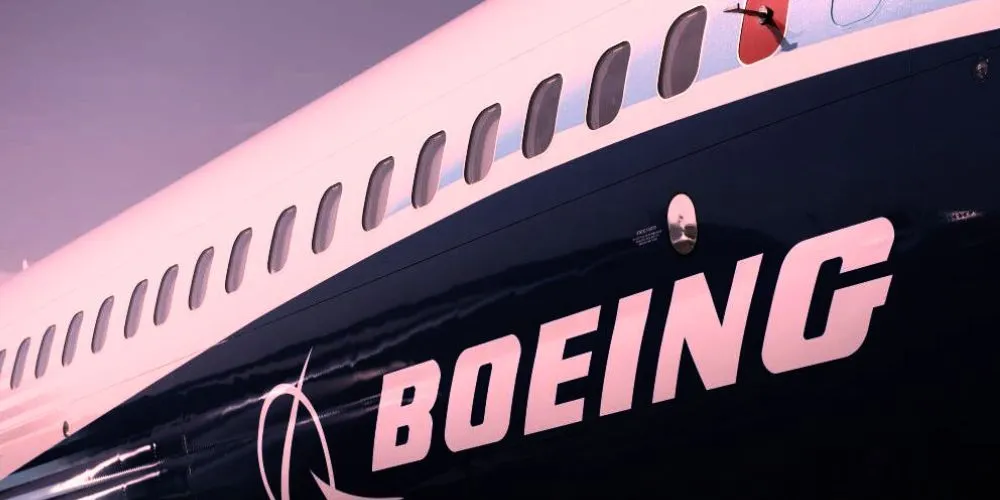Key Points
- Boeing plans to raise $25 billion through shares or debt over three years to boost liquidity.
- The company has secured a $10 billion credit agreement with banks but has not drawn from it yet.
- Boeing shares have fallen 43% this year, and the company faces potential credit rating downgrades.
- The ongoing machinist strike costs Boeing over $1 billion monthly, with no resolution.
Boeing announced on Tuesday that it might raise $25 billion in shares or debt over the next three years. This move comes as the company works to increase liquidity while facing multiple challenges, including a prolonged machinist strike and persistent issues across its aircraft programs.
Boeing explained that this “universal shelf registration” would allow it to pursue various capital-raising options as needed. “This universal shelf registration provides flexibility for the company to seek a variety of capital options as needed to support the company’s balance sheet over a three-year period,” Boeing said in a statement.
In addition, Boeing also filed a $10 billion credit agreement with a consortium of banks. The agreement offers Boeing short-term liquidity to help it navigate the challenging business environment. “The credit facility provides additional short-term access to liquidity as we navigate through a challenging environment,” the company stated, noting that it has not yet drawn on this facility or its existing credit revolver.
This financial strategy is part of Boeing’s broader effort to stabilize its finances. The company’s shares have taken a significant hit, dropping 43% this year. Boeing is also facing the risk of a credit rating downgrade, which could further impact its financial stability. Last week, S&P Global Ratings warned that Boeing could lose its investment-grade rating if the situation does not improve.
One major contributor to Boeing’s financial woes is the machinist strike, which has lasted more than a month and is costing the company over $1 billion per month, according to S&P Global Ratings. Negotiations between Boeing and the machinists’ union have stalled, further exacerbating the situation.
Boeing’s newly appointed CEO, Kelly Ortberg, who took the helm in August, has acknowledged the challenges’ severity. On Friday, Ortberg announced plans to cut 17,000 jobs, or 10% of Boeing’s global workforce, to reduce costs. “We need to be clear-eyed about the work we face and realistic about the time it will take to achieve key milestones on the path to recovery,” Ortberg said, stressing the need to focus resources on core areas of the business.
The announcement came as Boeing released preliminary financial results, which revealed growing losses and $5 billion in charges across its defense and commercial airplane units. Ortberg is set to host his first quarterly investor call as CEO on October 23, where he will likely provide further updates on Boeing’s recovery efforts and long-term strategy.




